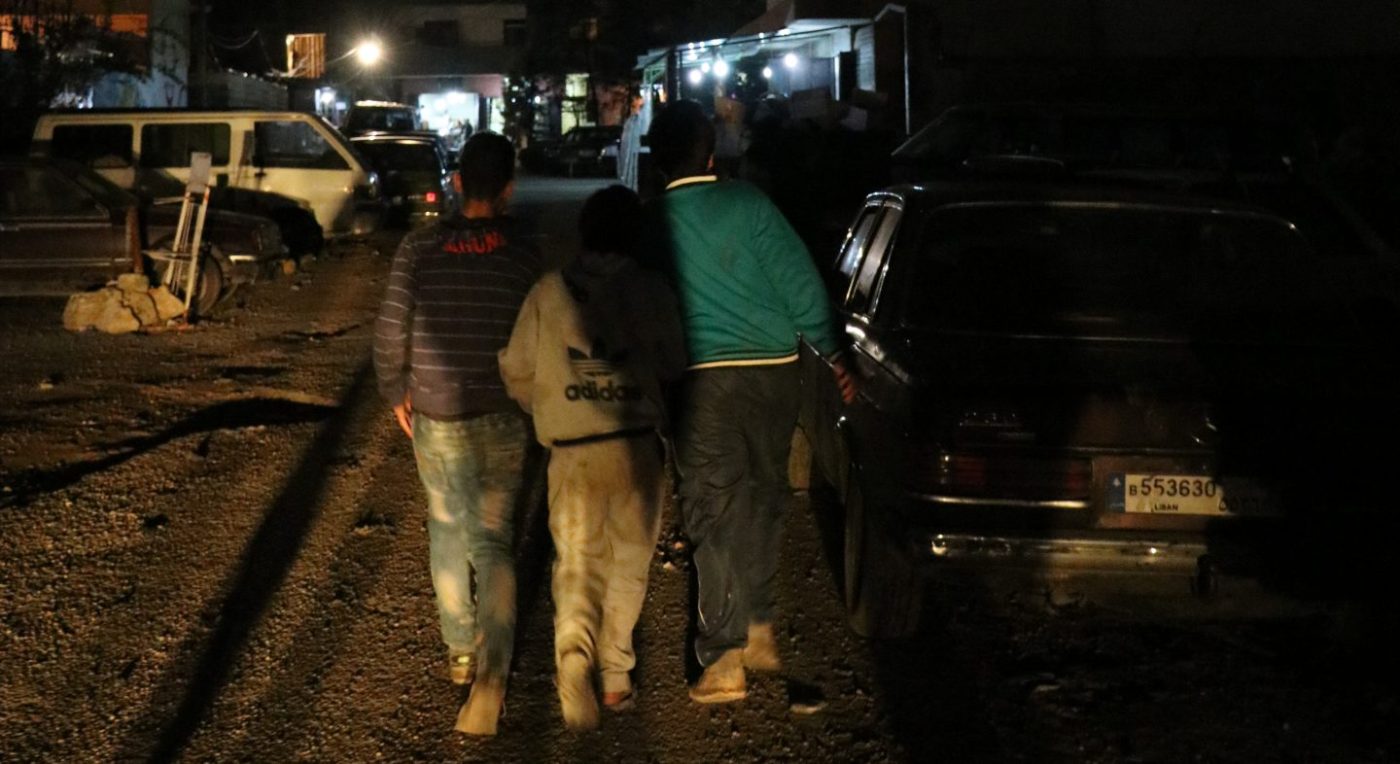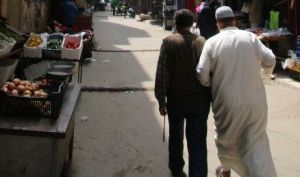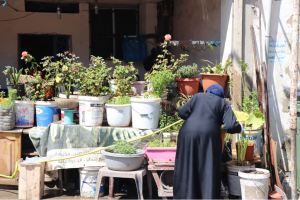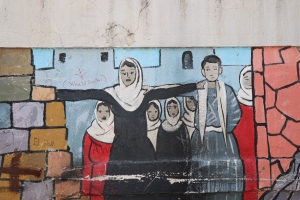In contrast to an internationalist approach – such as Cuba’s support for states and communities in the Middle East –, Pan-Arabism has historically taken an intrinsically regional approach. Founded on Arab nationalism and Arab socialism, Pan-Arabism aims to politically unify Arab sovereign states by prioritising the sovereignty and independence of Arab peoples and nations.
Prioritising state sovereignty and independence is simultaneously dependent upon, and results in the rejection of colonial and neo-colonial powers interfering in Arab regional affairs; it reiterates the demand for the independence of colonised and occupied territories and peoples.
With regards to the Southern Responses to Displacement project, Pan-Arabist approaches to displacement can be seen as presenting an alternative to the dominant discourses and approaches that situate Northern humanitarian providers as the saviours of Southern victims of displacement.
In the context of the Southern Responses to Displacement project, we aim to identify how, why and with what effect different states, regional actors and civil society networks in the Middle East have provided assistance to Syrian refugees, and the extent to which these actors draw on and implement notions of Pan-Arabism in their responses.
For example, the League of Arab States founded its Humanitarian Aid Section in 2007 with “the aim of consolidating joint social Arab action for the interest of the Member States.” In 2012 alone, the Arab League pledged $100m in aid to Syrian refugees (Gulf Times 2012), and Arab states’ responses have included the Moroccan government sending aid convoys to establish a field hospital in Jordan (Aujourd’hui Le Maroc 2012), and the Qatar Charity providing food and non-food aid and medical assistance for Syrian refugees both in Lebanese border areas and in Jordan (Gulf Times 2012).

Importantly, while some Middle Eastern and North African state, regional and community-level responses to displacement may draw on the framework of Pan-Arabism, not all do so. Indeed, many commentators argue that there has been no ‘Pan-Arabist’ response to displacement from Syria. In this context, the Southern Responses to Displacement project will be examining the diverse aims and principles underpinning state, regional and civil society responses to displacement from Syria; in particular, we aim to examine how refugees from Syria themselves conceptualise these responses and the relevance (if any) of principles of Pan-Arabism.
-
-
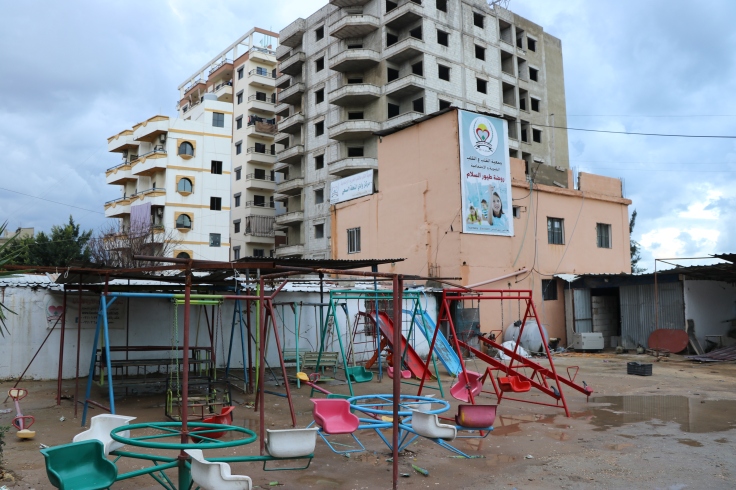
This playground is used by Syrian and Palestinian refugees, and poor Lebanese nationals living on the outskirts of Baddawi camp, N. Lebanon. It is part of an initiative run by a Lebanese NGO that receives support from a wide range of funders from the global North and Lebanon itself. (c) E. Fiddian-Qasmiyeh, 2017. Featured Photo: Youth approaching one of the entrances to Baddawi camp, N. Lebanon (c) E. Fiddian-Qasmiyeh, 2017
